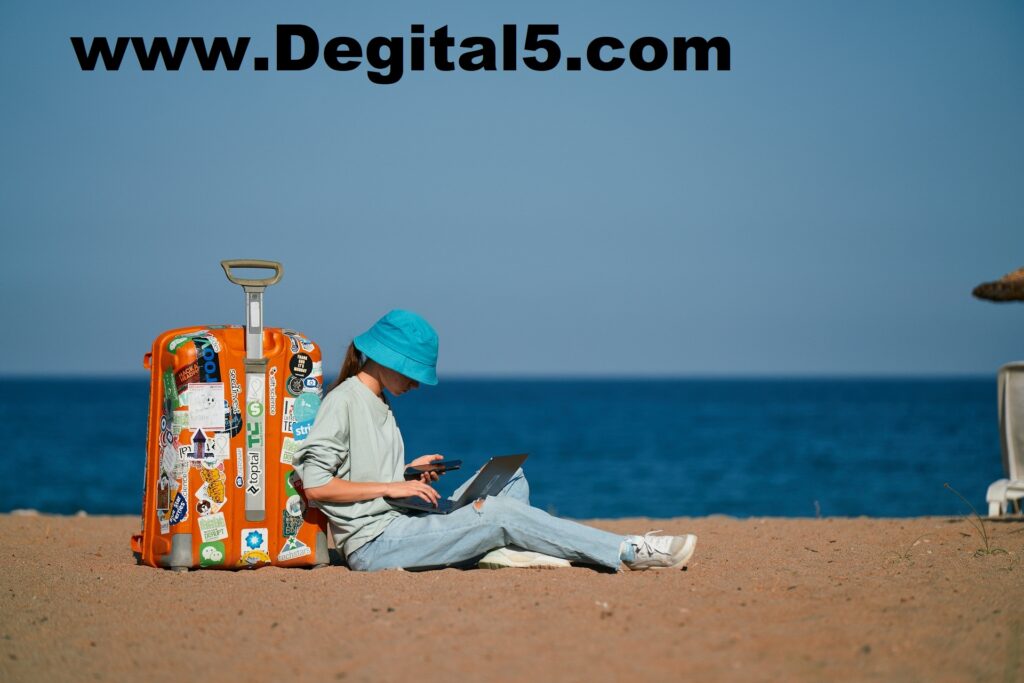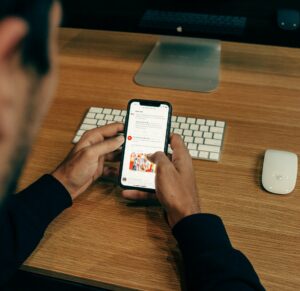Data protection guidelines for travel

Data protection guidelines for travel
As digital commerce and social media take over our lives, the internet struggles to keep users safe. In this situation, how can you secure your personal data? Airport Wi-Fi, public USB charging stations, and location sharing may further compromise cybersecurity. Thus, you must protect your data at home and on the go and prepare ahead.
Below are some basic methods to protect your data when traveling.
Secure your gadgets.
Most smartphones, computers, and tablets include PIN or fingerprint ID lock settings. Perform this on all devices. Change your data access PINs when traveling. Repeat at home to reduce breach risk.
Update OSes
Update your gadgets’ operating systems before traveling. Consider deactivating or removing phone applications that save your personal and financial data throughout your journey.
Use public Wi-Fi carefully.
Online security rules differ by nation. While waiting at an airport or train station, free Wi-Fi is enticing. It also poses security risks. Internet cafés and free Wi-Fi hotspots should be avoided unless they demand passwords, and even then, avoid accessing personal accounts or sensitive data on their network.
Do not use unfamiliar USB ports.
Public USB ports put your gadgets and data at danger. In recent years, “juice-jacking” has expanded to enable attackers to inject malware into unsuspecting power station users’ phones and other devices. This spyware may lock devices and send credentials to scammers. Traveling with a mains charger or power bank is recommended. Avoid public USB ports at all times.
Disable Bluetooth and auto-connect.
You can configure most cellphones to automatically connect to Wi-Fi networks as you pass them. Although useful, this function carries danger when traveling overseas. Change this option before you go so your smartphone and laptop ask you before connecting to the Internet. Bluetooth connection should be the same when gone. This feature should be deactivated throughout your travel unless you need it. It also extends device battery life!
Reduce location sharing.
Social media updates are prevalent while traveling to new cities and countries. The difficulty is that it compromises security. Signaling your whereabouts allows a thief to discover that you’re not at your hotel room or house, leaving your personal goods open to a physical entry. Post less personal information online about your location.
Notify your bank of your relocation.
Travelers often neglect this easy step, but smartphone and internet banking apps make it simpler. No more bank branch visits or phone waits. Almost all banking applications provide an encrypted chat or message function to report your movements. This short and easy step before a vacation may prevent credit or debit card theft and let you access your money without worrying about account restrictions.




